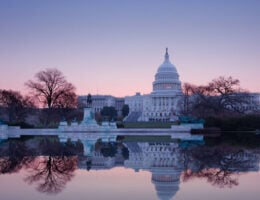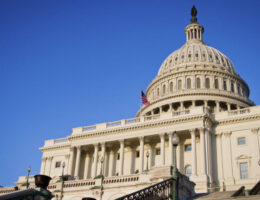The Foreign Extortion Prevention Act (FEPA), enacted on 14 December 2023, as part of the National Defense Authorization Act for Fiscal Year 2024, establishes criminal liability for foreign officials soliciting or accepting bribes from specific US entities. FEPA criminalizes corrupt demands by foreign officials and carries potential penalties of up to USD 250,000 fine and 15 years imprisonment. Aligned with international anti-corruption conventions, FEPA reinforces the Biden Administration’s national security priority to combat corruption, and may impact FCPA investigations.
On 22 February 2023, the US Department of Justice announced a new voluntary self-disclosure policy for corporate criminal enforcement in all 94 United States Attorneys’ Offices across the country. This new voluntary self-disclosure policy is a response to Deputy Attorney General Lisa Monaco’s 15 September 2022 Memorandum insisting all DOJ divisions develop a self-disclosure policy, to the extent one does not already exist. Other DOJ components, including the Criminal Division, have already taken steps to issue or update their own policies on this topic.
On 22 February 2023, the US Department of Justice (DOJ) announced a new voluntary self-disclosure policy for corporate criminal enforcement in all 94 United States Attorneys’ Offices (USAOs) across the country.
This new voluntary self-disclosure policy is a response to Deputy Attorney General Lisa Monaco’s 15 September 2022 Memorandum (“Monaco Memo”) insisting all DOJ divisions develop a self-disclosure policy, to the extent one does not already exist. Other DOJ components, including the Criminal Division, have already taken steps to issue or update their own policies on this topic.
On 15 September 2022, Deputy Attorney General Lisa Monaco issued a memorandum to Department of Justice prosecutors entitled “Further Revisions to Corporate Criminal Enforcement Policies Following Discussions with Corporate Crime Advisory Group”. As has become common in recent years (with a brief intermission under Deputy Attorney General Rod Rosenstein who objected to the practice), such memoranda and other Department pronouncements have come to herald key developments in DOJ policy on corporate criminal enforcement and related practice. These memoranda are therefore closely watched by the defense bar and corporate counsel alike.
Baker McKenzie’s Government Procurement Update resource center gives you the latest guidance, trends and enforcement actions related to government procurement (both US government contracting and international financing institutions), including suspension and debarment, bid protests, and False Claims Act defense. Calling upon our deep bench of more than 4,000 lawyers and legal professionals worldwide, we will occasionally feature guest practitioners to write about related topics in the criminal, civil, and administrative context. Readers can expect to find practical guidance and tips for compliance with public procurement policies as well as best practices for managing government inquiries and litigation.




